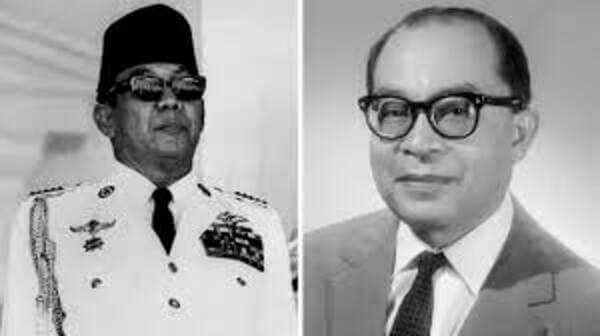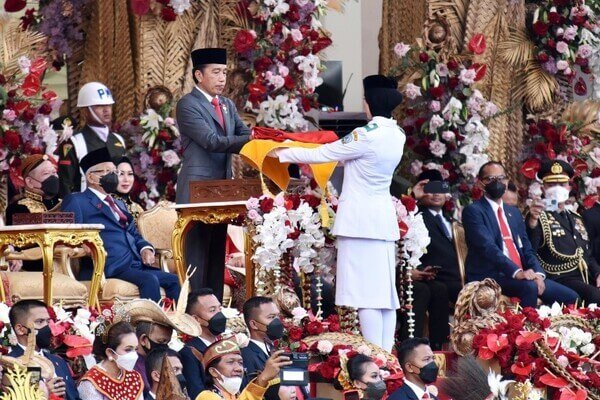A couple of weeks ago, on August 17th, Indonesia celebrated its independence day. On that special time, Indonesia comes alive with vibrant colors, patriotic fervor, with flags still up and flying at the time of publication! A deep sense of national pride as it celebrates its Independence Day. This day holds significant historical importance, marking the momentous occasion when the nation declared its sovereignty from colonial rule.
Many of you, dear Kaltimber followers, are in Indonesia, but for our foreign audience, we wanted to highlight a key piece of history about the country that has hosted our factory, our home for many years already.
A Brief History
Indonesia's journey to independence was marked by years of struggle against Dutch colonial rule. The Dutch East Indies, as it was known, was under foreign dominion for nearly 350 years. However, as World War II unfolded and Japan occupied the archipelago, a unique opportunity for change emerged. The Indonesian nationalist movement, led by figures like Sukarno and Mohammad Hatta, saw this as a chance to rally the nation towards independence.
The Proclamation of Independence
On August 17, 1945, just days after Japan's surrender, Sukarno and Hatta boldly declared Indonesia's independence. This landmark event was a culmination of decades of resistance and the aspirations of millions of Indonesians. Though the Dutch tried to reassert their control after World War II, global pressure and internal resilience forced them to recognize Indonesia's sovereignty in 1949.
Celebrations and Traditions
Indonesia's Independence Day is commemorated with a series of events that showcase the nation's diverse culture, unity, and shared history. The most prominent celebration takes place in the capital city, Jakarta, where a flag-raising ceremony is held at the Merdeka Palace. This event is attended by government officials, diplomats, and citizens, all united in celebrating their nation's freedom.
Another cherished tradition is the "Panjat Pinang" game, where participants attempt to climb slippery areca palm trees to retrieve prizes tied to the top. This symbolizes the struggle for success and the determination of the Indonesian people.
Unity in Diversity
One of the most remarkable aspects of Indonesian Independence Day is the spirit of unity in diversity that it fosters. Indonesia is composed of thousands of islands, each with its own unique cultures, languages, and traditions. Yet, on this day, the entire nation comes together to celebrate their shared identity as Indonesians.
Looking Forward
As Indonesia continues to grow and develop in the 21st century, Independence Day serves as a reminder of the nation's history, struggles, and achievements. It's a time to reflect on the progress made and the challenges that lie ahead. With a population characterized by resilience and a commitment to their country's growth, the Indonesian people continue to shape their nation's destiny.






